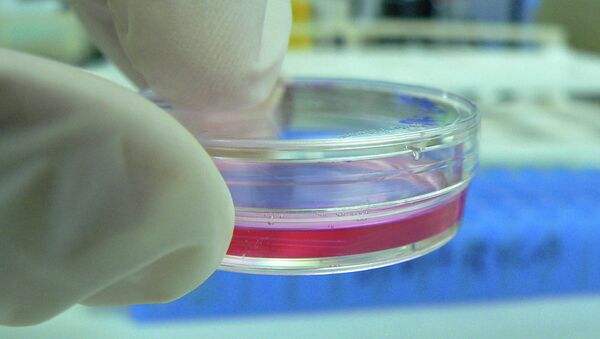There aren't enough new antibiotics being developed to treat the most antibiotic-resistant infections, like drug-resistant tuberculosis (TB), which kills nearly 250,000 people every year, the WHO wrote in a Tuesday news release titled "Antibacterial agents in clinical development — an analysis of the antibacterial clinical development pipeline, including tuberculosis."
Dr. Tedros Adhanom Ghebreyesus, director general of the WHO, says that "antimicrobial resistance is a global health emergency that will seriously jeopardize progress in modern medicine."
"There is an urgent need for more investment in research and development for antibiotic-resistant infections, including TB, otherwise we will be forced back to a time when people feared common infections and risked their lives from minor surgery," he added.
The WHO has recognized 12 classes of priority pathogens responsible for common infections, like pneumonia and urinary tract infections, that are becoming increasingly resistant to current antibiotics. Out of 51 new antibiotics and biologicals [drugs derived from biological sources like human genes] in clinical development to treat antibiotic-resistant pathogens, only eight are identified by the WHO as innovative treatments.
"Pharmaceutical companies and researchers must urgently focus on new antibiotics against certain types of extremely serious infections that can kill patients in a matter of days because we have no line of defense," says Dr. Suzanne Hill, director of the WHO's Department of Essential Medicines.
The WHO and the Drugs for Neglected Diseases Initiative (DNDi) have established the Global Antibiotic Research and Development Partnership to address the antibiotic crisis. On September 4, Germany, Luxembourg, the Netherlands, South Africa, Switzerland, the UK and the Wellcome Trust pledged 56 million euros to combat this threat.


